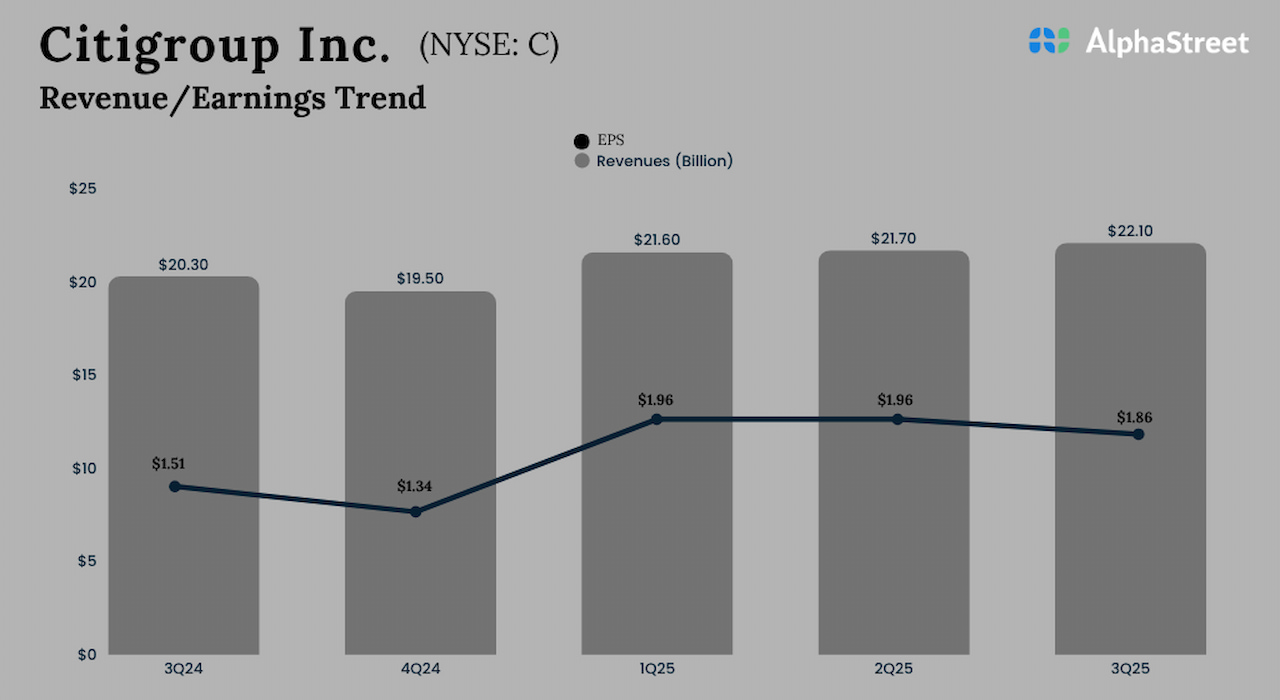Ether, or ETH — the Ethereum blockchain’s native token — can be held in most of the leading crypto wallets on the market. You can store ETH in a “hot” software wallet connected to the internet on your computer or phone, or a “cold” hardware wallet that can keep your data fully offline.
For DeFi enthusiasts, some wallets are made specifically for connecting ETH and other Ethereum-based cryptocurrencies to decentralized applications, or Dapps, on the Ethereum network. Ethereum.org also has a “Find a Wallet” feature that filters wallets based on your specific preferences.
The right storage option for your holdings depends on how much ETH you have and the level of security and convenience you’re looking for. Here are our top picks.
Hot wallets
A hot wallet keeps your crypto on an internet-connected device for easy access to trading and staking platforms.
MetaMask
Good for: Ethereum blockchain users with Ethereum-based assets.
MetaMask is a free, open-source platform that can store any of the thousands of digital assets built on Ethereum. It offers both mobile and browser-based wallets, and it integrates with Dapps which use crypto transactions to work.
Though there’s no desktop application, nor staking available through the app, you can stake tokens using Dapps. MetaMask is an option for users interested in NFTs and other DeFi products.
Trust Wallet
Good for: Storing a wide variety of assets.
Trust Wallet is a hot storage method and its developers say it supports more than 4.5 million digital assets, including ETH. It enables purchases, exchanges and staking directly from the wallet, though it can’t directly convert to cold storage.
Trust Wallet’s browser extension is still in beta testing, but users can connect to Dapps through its mobile app. The platform is fully open-source, and its mobile app earns 4.7 out of 5 stars on the App Store and 4.5 out of 5 stars on Google Play.
Exodus
Good for: Converting between hot and cold storage, storing both ETH and BTC.
Exodus supports buying, trading and staking directly from its platform. Its tools include a mobile app, a desktop app and a browser extension, plus integration with the Trezor cold wallet to help users move their crypto from hot to cold storage.
Exodus supports about 150 different currencies, including ETH, and the company has a library of crypto education content for users. The mobile app earns 4.6 out of 5 stars on the App Store and 4.5 out of 5 stars on Google Play.
Unlike MetaMask, Exodus can store Bitcoin in addition to Ethereum-based coins.
Cold wallets
A hardware wallet provides higher-security storage by keeping your assets offline, and it can store thousands of currencies in addition to ETH.
Trezor
Cost: $68 for Model One, $243 for Model T.
Good for: Built-in ETH support.
Trezor’s wallets are small, hand-held devices that connect to a phone or computer through a micro USB. The standard version can store over 1,000 different cryptocurrencies and offers backup security protection through desktop or mobile. The advanced touch-screen version runs entirely on the device itself and can store over 1,800 compatible coins.
Users can buy, sell and trade coins directly through the connected desktop app and integrate with other software such as Exodus to access Dapps. Customer support and data analysis tools are available for users online, including a dedicated Ethereum wiki page. ETH is already integrated with the Trezor wallet, so it doesn’t require any additional downloads.
Ledger
Cost: $79 for Nano S Plus, $149 for Nano X.
Good for: Cold storage with a mobile connection.
Ledger’s flash drive-shaped device is one of the most well-known hardware wallets on the market. It’s available for purchase from Best Buy, Walmart and Amazon as well as the company website. The device can store over 5,500 different currencies, including ETH, and can connect to software wallets such as Crypto.com and Guarda.
Ledger has both mobile and desktop applications, plus a library of educational resources for users that includes a dedicated Ethereum support page. Users holding ETH will need to install the Ethereum app onto their Ledger device to connect their funds to the wallet.
SafePal
Cost: $49.99 for basic hardware.
Good for: Storing a lot of currencies at an affordable price.
SafePal’s hardware wallet is only the size of a credit card, but it can store over 30,000 different cryptocurrencies, including ETH. The device uses QR code technology to transfer your assets offline. SafePal says this type of connection can be more secure than Bluetooth, Wi-Fi or USB plug-in connections because the crypto is stored on a device that doesn’t physically connect to your computer.
The SafePal mobile app and browser extension enable purchases, swaps and conversions, Dapp access and NFT management.
















